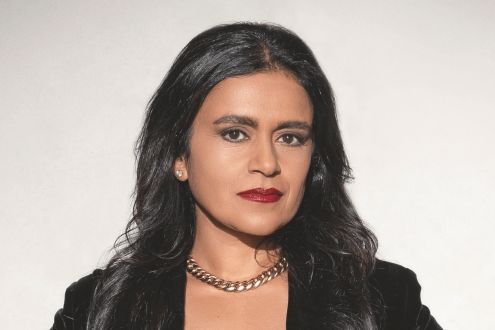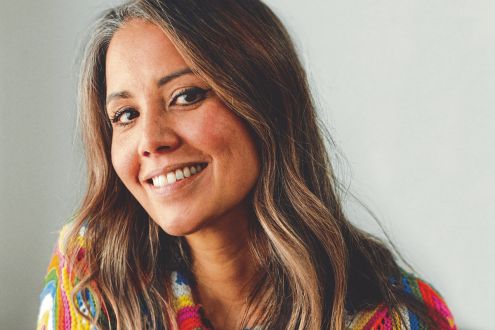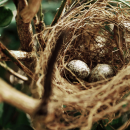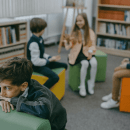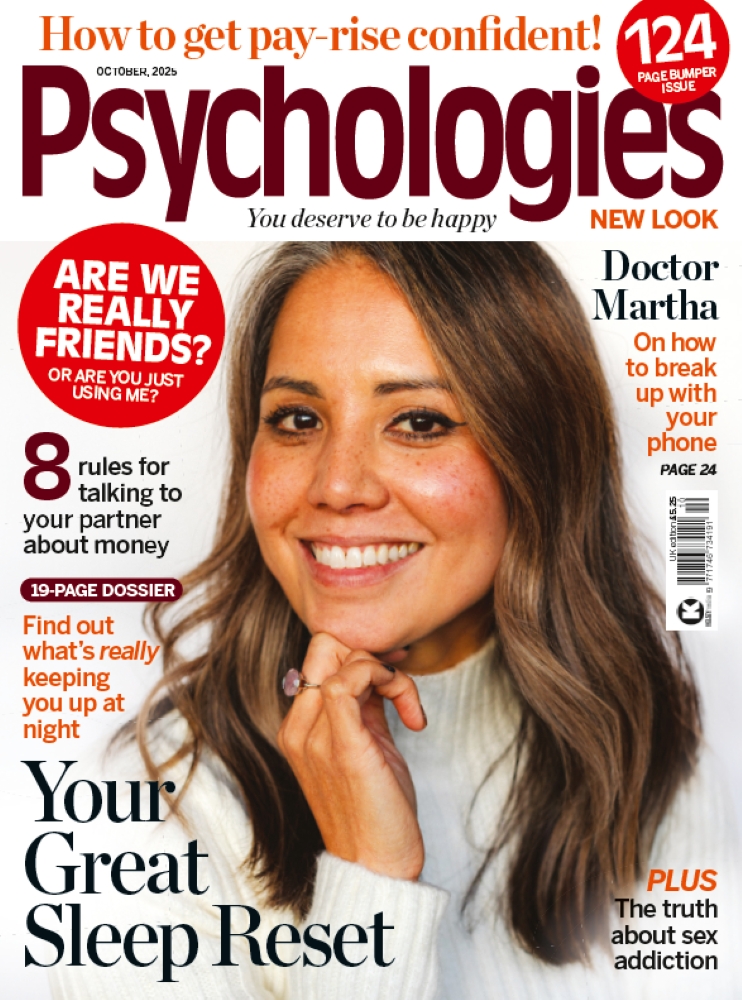Why everyone should read Far From The Tree
A book that tells the stories of parents dealing with exceptional children, Andrew Solomon’s Far From The Tree (Vintage, £11.99) was one of Psychologies’ favourite non-fiction books of last year, and it’s just won the Wellcome Book Prize, given to the best new work of fiction or non-fiction centred on medicine and health
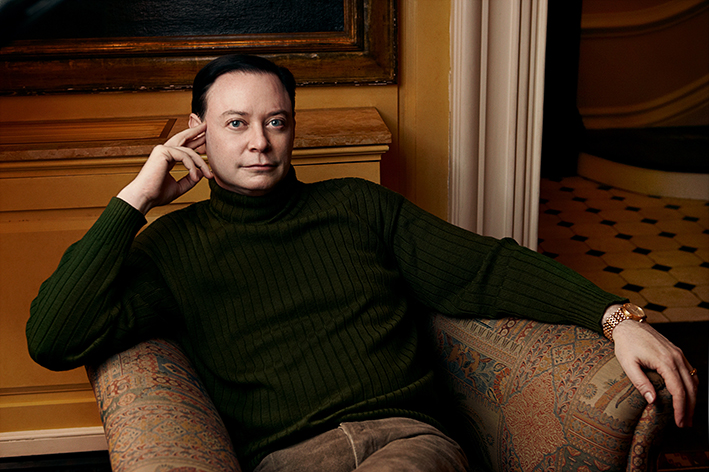
Poet Andrew Motion, who chaired the judges, described Far From the Tree as ‘startlingly intelligent, generously compassionate, memorably insightful, and courageous’. What’s it all about? Andrew Solomon’s book grew out of his need to understand parents’ attempts to deal with children who have starkly different identities to themselves, and examines parent-child relationships in all sorts of difficult situations, from parents of children born with disabilities, to gifted children, to children with criminal tendencies, or children born of rape. It’s a book about empathy and how, if we let them, our differences can unite us.
Read our recent interview with Solomon below:
Could you say what it was about your own personal story that attracted you to the subject matter?
I set out to write about deaf people nearly 20 years ago and I was taken aback when I found how much similarity there was between the deaf experience and my experience [as a gay man] – this sense that many deaf children are born to hearing parents, that those parents don’t know what to make of their different children, that they sort of struggle with it and that the children really find community often in adolescence and it comes as this great revelation.
I thought it had so much overlap with my experience as a gay person. Then a friend of a friend of mine had a daughter who was a dwarf and that made me think about how I had common ground with all these different people. And I think I really just felt as though I hadn’t necessarily ever felt that my experience as a gay person was typical in any way or that it was shaped like other people’s experience. I suddenly began finding out that not only did I have something in common with other gay people but that I had something in common with this other much broader range of people as well.
That was a huge relief to me. It was as though I could let go a little bit and also, as I said in the book, I felt that I became less judgemental about my parents, about my own early experiences, because I understood how they fit into a larger pattern and so there was a kind of deliverance in it. Lots of families have difficulties accepting their children even if they love them; everyone goes through a period of struggling with discovering that their child is profoundly different.
What was it about the parent-child relationship and an encounter of difference in that area that made that relationship so interesting? How did that relationship teach you about people’s relationship with people of difference generally?
What I found out was that almost everyone you talk to as a parent will describe at some point finding their child incredibly foreign and alienating. I found as I worked on it that I was just consistently moved by the courage of these parents and struck by the fact that most people end up loving the children they have and don’t spend a whole lifetime wishing they had different children instead. Some people do but you’re going to be able to care for your child much better and love your child much better if you aren’t constantly railing against who your child fundamentally is.
I ended up thinking there was this huge question, which I called the ‘Serenity Prayer’ question, which was, ‘What are the things about your child that you simply need to accept, what are the things about your child that you need to affect and change – I mean, parenthood is to do with moulding your children – and how do you tell which are which?' And how do you then ensure that your child is loved? I found that people are much better at that than you would think.
Did you come across consistencies in terms of how people managed to deal with difference?
There are some generalities to be drawn. I think the primary generality is summed up by a parent who says at one point in the chapter on severe disability, ‘Finding meaning – we don’t find all this meaning just because it’s there, we find this meaning because we make a choice to do so.’ People who search for meaning, by and large, are able to find meaning. Now, does that mean that this is an ideal situation? No. Does it mean that it’s not difficult? Certainly not, it’s incredibly difficult, but I think that seeking for meaning is something that has enormous validity beyond the immediate experience of a particular situation.
On the negative side, based on your research, what do you think it is about encountering difference in another person that can cause that negative, prejudiced reaction in us?
I feel I’m well qualified to talk about that because I really think while I was not prejudiced in the sense of thinking that, say, disabled people shouldn’t have every conceivable right, I was made uncomfortable by people with most of these conditions before I started and my journey was to find myself feeling more and more comfortable with people who are different in all of these ways.
I think difference is frightening and it puts most people on edge. The child’s impulse to laugh at somebody who is different remains in some way potent through much of life and so the lesson of the book in a way is that exposure will make you feel less uncomfortable with people who are different from you. And so the book aims, in so far as one can do it in prose, to give people that exposure.
Photograph: Annie Leibovitz
